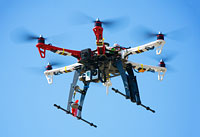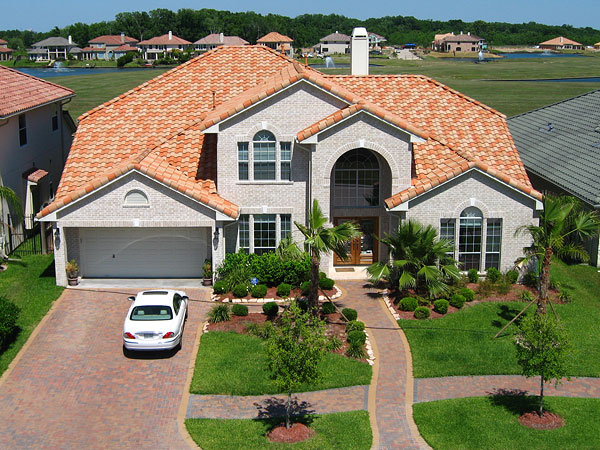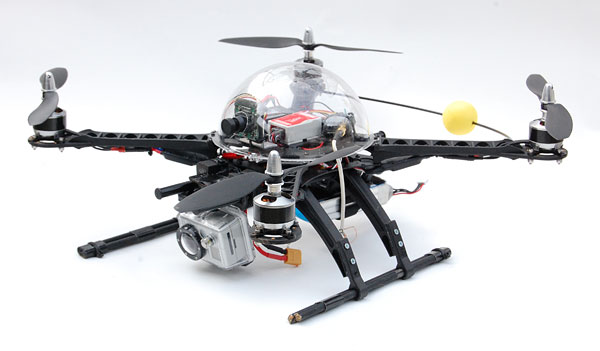Free photos, editing extra: How drone pilots, photographers skirt federal ban on commercial use
posted Thursday, January 23, 2014 at 1:49 PM EST

Aerial photos are, it seems, the next big thing in real-estate sales. Property listings are no longer just about the inside of the house, with perhaps a couple of quick snapshots from outside of the property. A photo from above can help to place it within its landscape, and in the process attract more potential buyers for a viewing.
But if you listen to the Federal Aviation Administration -- the authority in charge of regulating aerial traffic in the United States -- while it's perfectly fine to fly what the media commonly refers to as a drone (typically, a radio-controlled aircraft or multicopter) and use it to shoot photos or video, selling your services as an aerial photographer or videographer isn't yet legal. What's a real-estate photographer to do? At the moment, an article from the Arizona Republic suggests, they're simply looking for creative ways to skirt the ban, or ignoring the agency altogether.

A resolution doesn't look likely any time soon. The FAA is currently in the midst of preparing updated regulations that would allow commercial usage of what it terms as unmanned aerial vehicles and unmanned aircraft systems (a broader term that includes the ground equipment used to control the UAV itself), as it was mandated to do by Congress. As yet, though, that response has not gone beyond its issuance of an initial roadmap, and the selection of six UAS test site operators. These, suggests the FAA, will help it further research what commercial UAV usage will mean for US airspace, business, and public, and how the goal of allowing commercial UAV operations can be achieved safely.

In the meantime, real-estate photographers interviewed by the Republic -- some of whom agreed to speak only on condition of anonymity for fear of reprisals from the government agency, which is already in court with commercial UAV operator Raphael Pirker -- are clinging to what they believe to be a loophole in the regulations as they stand. Their UAV operations, they suggest, are not commercial in nature. They're not charging for capture of the photos and videos, but rather for editing them.
It is, at best, a tenuous distinction. Whether the FAA is willing to let the matter slide for the time being, or will take action against these fly-for-free, pay-to-see UAV operators is something we wouldn't care to place a bet on.
(Via PMA Newsline. Hexacopter thumbnail courtesy of unten44. House image courtesy of billjacobus1. Quadcopter image courtesy of steve_lodefink. All images from Flickr, used under a Creative Commons CC BY 2.0 license.)